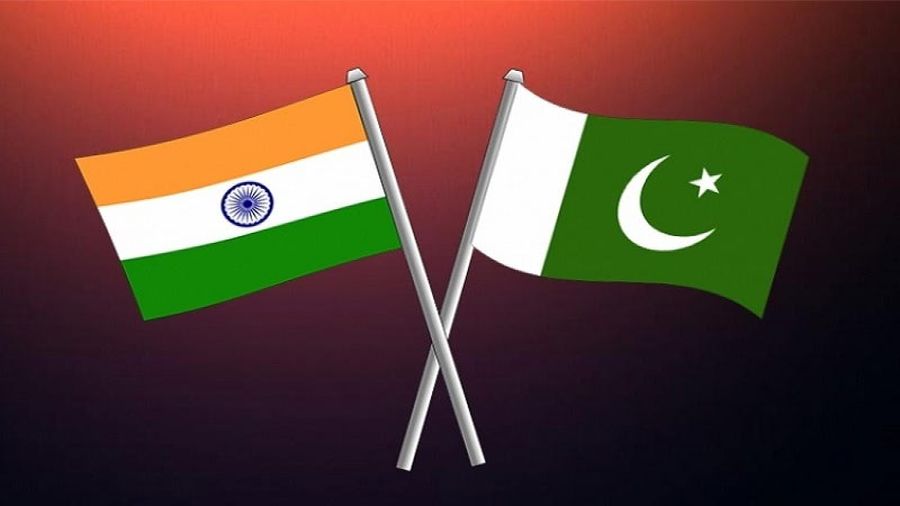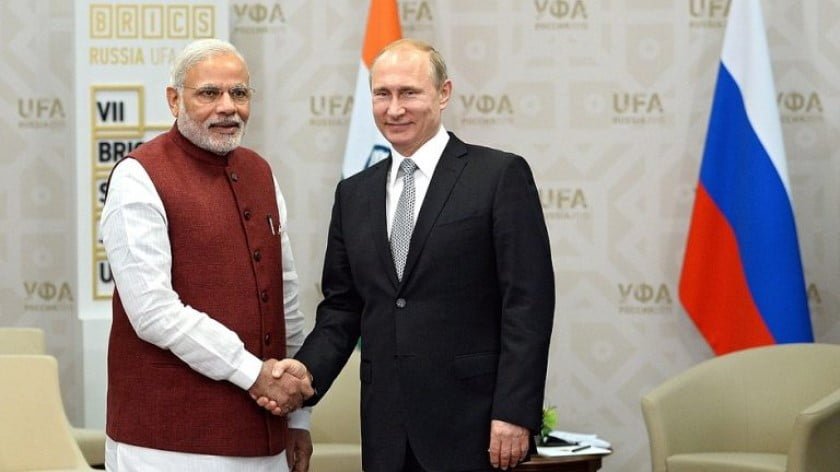It’s a Positive Development That Pakistan Will Participate in October’s SCO Drills in India
It’s a positive development that Pakistan’s US-backed post-modern coup authorities aren’t capitulating to their foreign patron’s pressure to distance themselves from the SCO by refusing to participate in October’s anti-terrorist drills in India. This is especially so since they could easily have done that under the pretext of protesting the unresolved Kashmir Conflict and especially India’s revocation of Article 370 three years ago.
India and Pakistan both deserve praise after the latter’s Foreign Ministry spokesman announced on Friday that his country will participate in this October’s SCO anti-terrorist drills in India. These South Asian states’ rivalry is well known and has become one of supercontinent’s primary fault lines across the decades, yet they’re willing to put that aside for the greater good of Eurasian integration. That’s because they rightly understand that this multipolar organization mustn’t be politicized by either of them.
The Kashmir Conflict continues to remain unresolved and both parties have irreconcilable positions towards it, including mutual accusations that the other supports terrorism. Water disputes have also crept into their relationship in recent years as well, not to mention concerns about their counterpart’s relations with the American and Chinese superpowers. Be that as it may, they both know that the SCO isn’t the right forum for airing their grievances since doing so is irrelevant to its modus operandi.
Not only that, but it’s actually counterproductive to the shared goal of bringing together the supercontinent and thus accelerating the global systemic transition to multipolarity. Even though Pakistan is presently ruled by people who came to power through a US-orchestrated post-modern coup, members of the multipolar school of thought within its Establishment continue to exert positive influence over foreign policy formulation as proven by this development.
As for India, its leadership redoubled the Eurasian dimension of their multipolar grand strategy since the latest phase of the Ukrainian Conflict that began with Russia’s US–provoked special military operation there. They rebuffed all American pressure to distance themselves from Russia and instead expanded relations with it, thus preemptively averting their strategic partner’s potentially disproportionate dependence on China, which was a game-changer in shaping the dynamics of the New Cold War.
The US’ pernicious attempts to influence these two South Asian rivals, both with respect to dividing-and-ruling them as well as getting one or the other to obstruct the SCO’s noble goal of Eurasian integration, have therefore failed. That, however, doesn’t mean that a rapprochement between them will be forthcoming, but just that they at least seem to have reached a tacit understanding with another to not let their disputes ruin their shared organization’s multipolar pursuits.
India and Pakistan are both conscious of how that would reflect on them vis a vis their peers if either country were to do so. There are already plenty of suspicions among Pakistan’s SCO peers that its post-modern coup authorities are operating under American influence to varying extents, hence why Islamabad wanted to put the foreign policy aspect of these concerns to rest by announcing its participation in the bloc’s anti-terrorist drills in India this October.
Delhi, for its part, will happily host its rival in whatever capacity it chooses to participate because this reflects very positively on its leadership’s foreign policy. Having said that, unexpected developments could still transpire before then to worsen their relations and complicate these plans such as if one accuses the other of supporting terrorists in the aftermath of a future attack. Hopefully that won’t happen, but it also can’t be discounted owing to precedent.
Overall, it’s a positive development that Pakistan’s US-backed post-modern coup authorities aren’t capitulating to their foreign patron’s pressure to distance themselves from the SCO by refusing to participate in October’s anti-terrorist drills in India. This is especially so since they could easily have done that under the pretext of protesting the unresolved Kashmir Conflict and especially India’s revocation of Article 370 three years ago. The fact that they’re going through with these planned drills is therefore praiseworthy.
While it can’t be known for sure, the US’ Pakistani proxies might also be subtly pushing back against Washington a little bit through these means in response to speculation that their patron entered into secret talks with their sworn enemy former Prime Minister Imran Khan. If the rumors are true, then America might be planning to dump some of them in an attempt to repair some of the damage that its post-modern coup inflicted on that South Asian country.
It would therefore be logical if they wanted to simultaneously send a signal of displeasure to the US by participating in October’s SCO anti-terrorist drills in India while also showing their multipolar peers that they aren’t as controlled by America as some might have speculated. Apart from preserving Pakistan’s objective national interests in this respect, that decision could have also been meant to show the US that it’s about to cross an unacceptable red line for them if it continues talking with the former premier.
All speculation of their motives aside, they nevertheless deserve to be praised since observers were unsure whether these US-backed figures would participate in the planned drills or not considering the publicly plausible pretext they could have employed to have easily backed out of them. Doing that, however, would have reflected very negatively upon them with respect to their multipolar peers’ perceptions. That being the case, they seem to have calculated that it’s better to participate than not.







